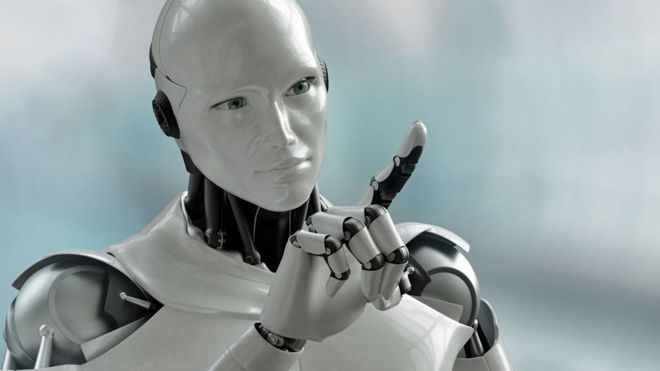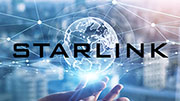Career burnout is becoming increasingly common. The tech industry is known for having hard-working employees that often choose work instead of sleep. These hard workers are as susceptible to burnout as employees in any other industry, but not all of them get the help they need when it comes to avoiding it.
Fortunately, technology has paved the way for artificial intelligence to assist in many ways, including preventing and reducing burnout in the workplace. Here are a few ways companies in the tech industry can benefit from it.
People Analytics
Employees in the tech industry are notorious for overworking. They are dedicated to their work and want to accomplish a great deal in a short period of time. Those who are working too much may be afraid to admit they need a break. Taking time off is extremely important for preventing exhaustion. Even top level executives recognize the importance of stepping away for a vacation, whether it be short weekend away or a month-long sabbatical.
To solve this problem, AI can help HR identify which people need help. Artificial Intelligence is known for its ability to identify patterns and analyze information. It can track employee computer activity and pick up on warning signs. It may notice that a normally quick employee is starting to slow down their pace or that they are working overtime and their productivity decreases after they’ve been working for six hours. This lets HR know that someone needs to plan time away from work to reenergize.
Additionally, AI can use behavioral analytics to identify other issues in the workplace that employees may be afraid to bring up or might not know about. This includes data theft, discrimination, fraud, sexual harassment, and drug use. It could allow for greater worker protection and help to provide evidence against those who are harmful to the company.
Refine the Onboarding Process
In tech, there are lots of moving parts. Some employees new to the industry endure a difficult, disorganized onboarding experience and become tired or frustrated during the process. A bad hiring experience can lead to burnout and high employee turnover. It’s been found that 17% of new hires quit within the first three months, many of which left due to various aspects of onboarding.
AI makes onboarding clear and practical by being the only source of information and tailoring the process to the employee’s job. Instead of searching through hundreds of documents and finding that some of them are irrelevant to your position in the company, trainees can ask an artificial intelligence bot to give them access to the correct documents pertaining to their job.
Using an AI bot for this purpose will also allow for HR to collect and review data about employee onboarding and give extra attention to trainees when needed.
Save Time Through Automation
Workers can get upset when they feel they’re wasting time on small tasks. If they spend hours creating reports or are constantly responding to emails, it takes them away from the more meaningful projects they are trying to get done. After a while, this can take a toll on employees and may negatively affect their productivity.
Artificial intelligence automation can perform simple tasks and eliminate the need for people to do them. Because AI uses machine learning and natural language processing, it can learn how to fill out reports and answer emails while still sounding human. This will save employees time and allow them to devote more effort to important projects. In turn, they will likely maintain a positive attitude and be more productive.
Implement AI to Prevent Burnout
Many companies that work in technology don’t fully embrace and use it effectively. AI technology can help the industry’s workaholics ward off exhaustion. It’s time to see more great technological advancements— while still getting enough sleep.





